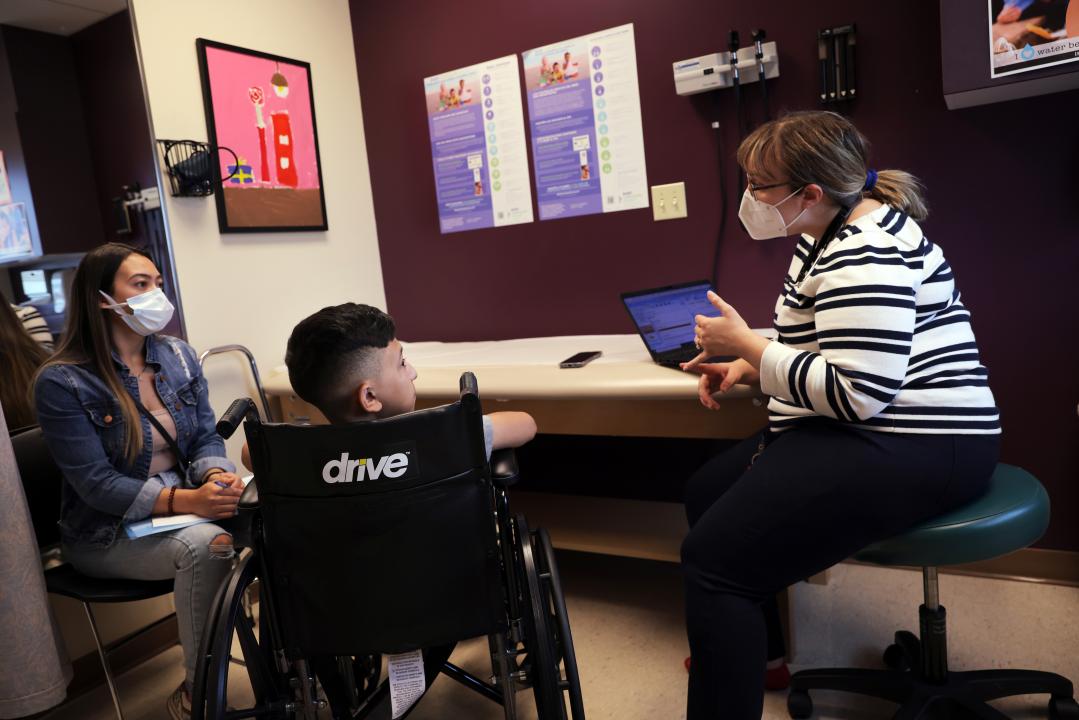Parental Power: New Bill Expands Parents' Rights in Children's Medical Decisions

In a bold move to enhance parental oversight, Republican lawmakers have unveiled a groundbreaking "Parents' Medical Bill of Rights" aimed at empowering parents with greater transparency and access to their children's healthcare information. The proposed legislation would grant parents expanded rights to review medical records and participate more actively in medical conversations involving their children.
The proposed bill seeks to address growing concerns about medical privacy and parental involvement, allowing parents to have a more comprehensive understanding of their children's medical treatments, consultations, and health records. By providing increased visibility into healthcare interactions, legislators hope to strengthen the role of parents in making informed medical decisions for their families.
This legislative initiative represents a significant step towards ensuring that parents remain central to their children's healthcare journey, giving them more control and insight into medical discussions and treatment plans. The proposed bill is expected to spark robust debate about the balance between patient confidentiality and parental rights in pediatric healthcare settings.
